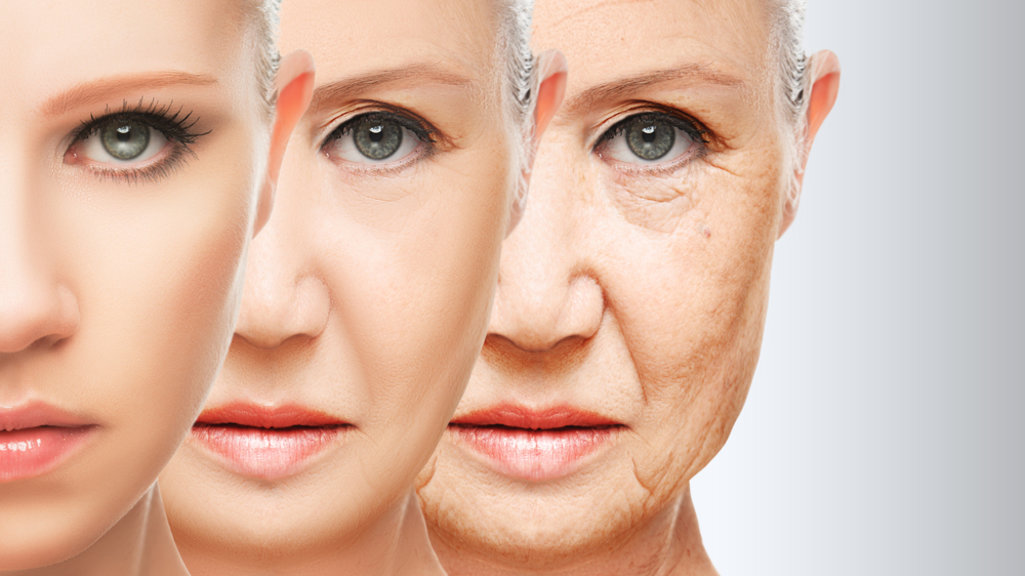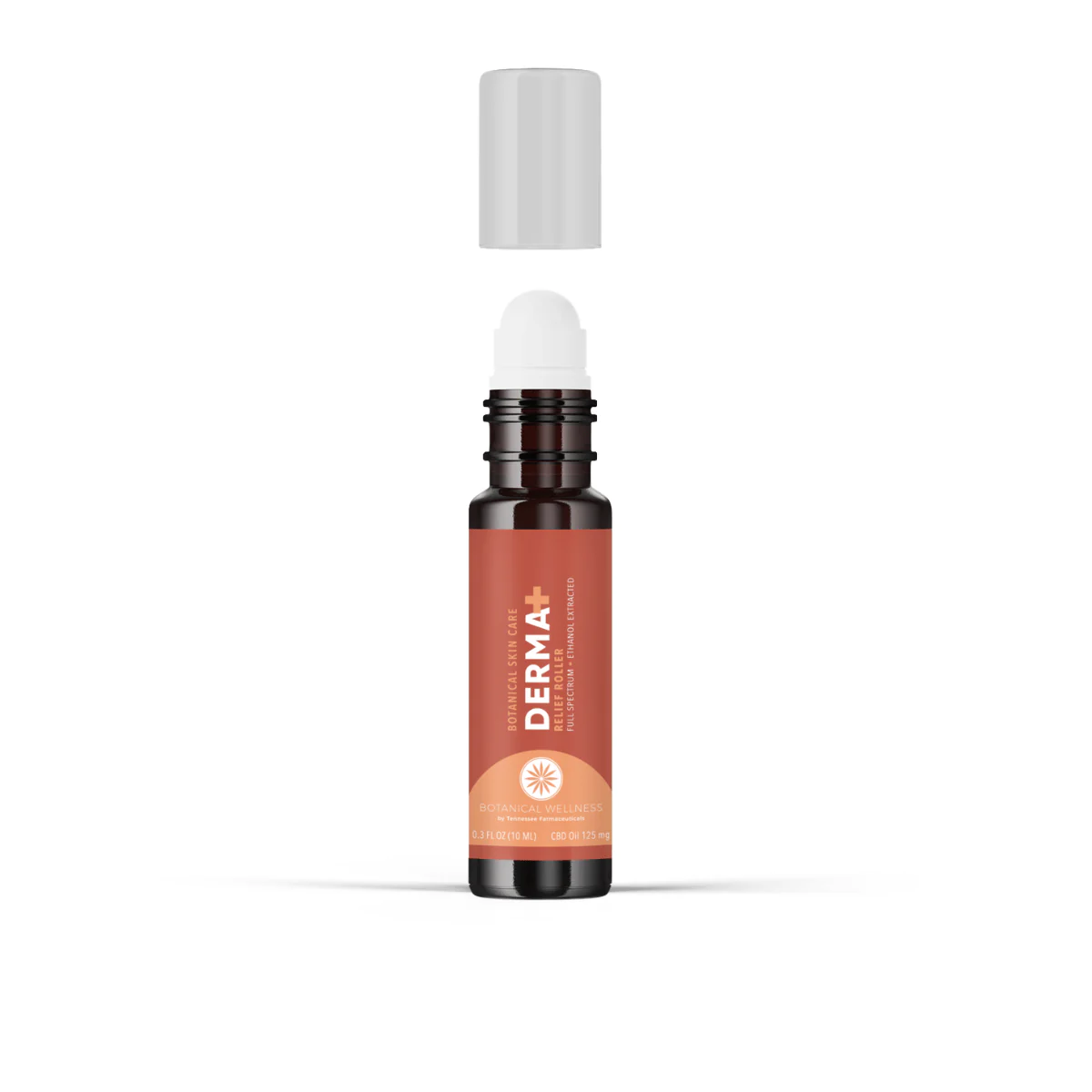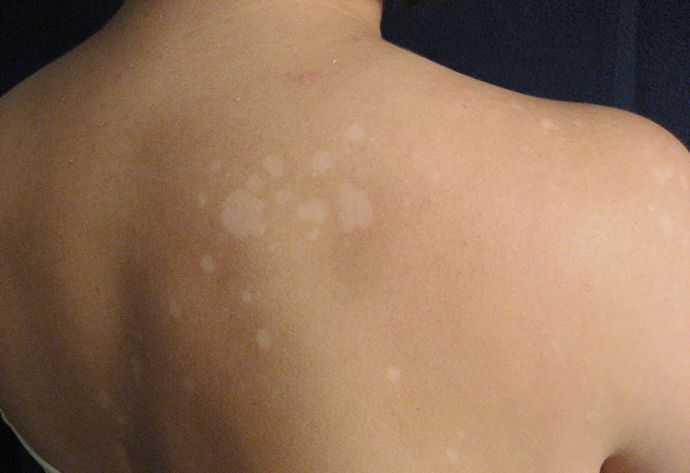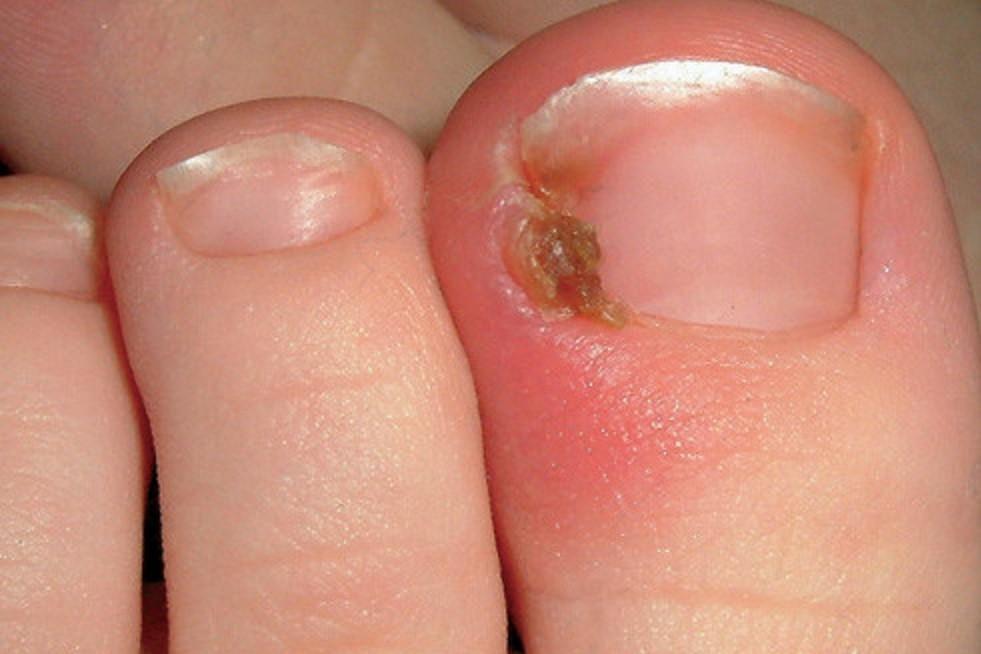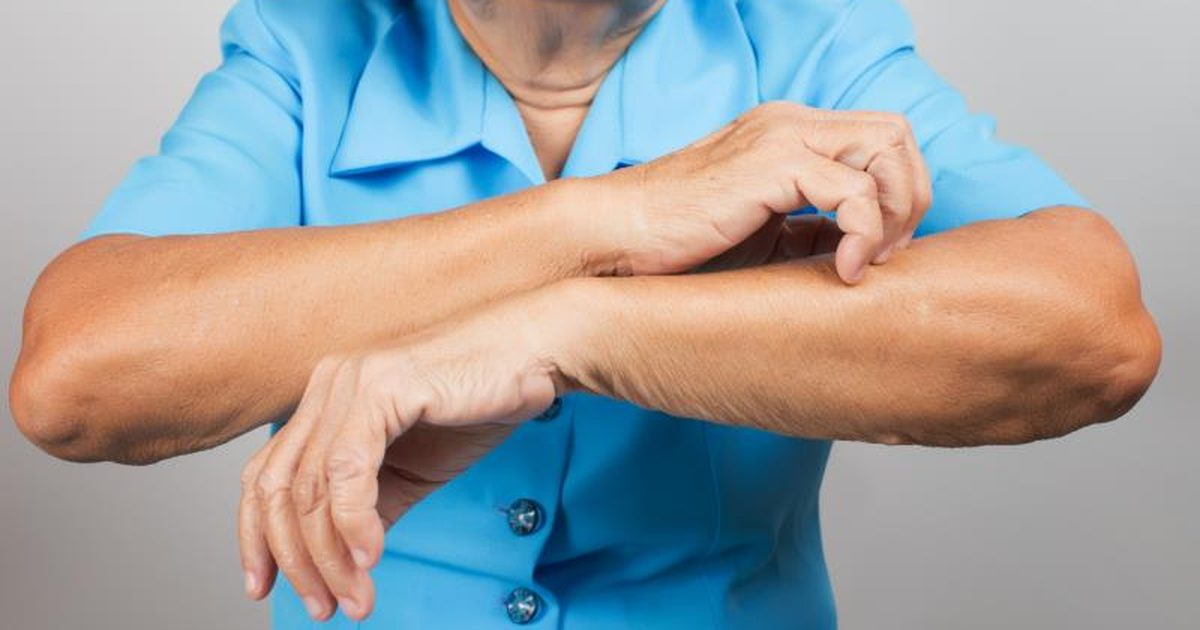Many patients wait until they’re in their sixties before they get a facelift surgery. This means their surgery will be highly effective, making them look twenty years younger. Unfortunately, it also means the results won’t be permanent since their skin isn’t elastic enough to hold on to the youthful look.
45 is a better age for your first facelift. At that age, your skin is firmer and more resilient, so your facial muscles will retain the effects of the lift for four or five years before you need a touch-up. Another way to effectively lengthen your new youthful look is to take good care of your skin.
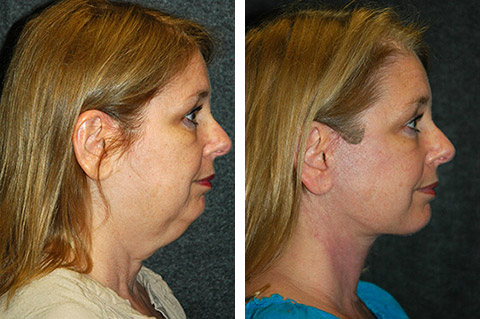
Your skin care regime matters immediately after surgery, but also in the weeks, months, and years to come. Pampering and protecting your skin slows the natural ageing process, and this stretches the duration before your next surgery, saving you cash and cosmetics.
While many people know that a facelift surgeon can send you home on the day of your surgery, they don’t know that treatment starts long before the day of the surgery. The doctor will examine your skin and may recommend treatments to get rid of age spots.
You might also get medication to exfoliate the thick layer of dead cells. This treatment also makes the skin firm so that the facelift will take better. Remember that the health of your skin starts from the inside out, so it’s helpful to avoid smoking and drinking. If you had stopped in preparation for your surgery, consider making your hiatus permanent.
Eat a healthy diet full of fruit and vegetables, and drink lots of water. Some doctors will advise you to include lots of Vitamin C and Retin A in your diet, to help your skin repair itself. Ideally, this should be in the form of organic foods like strawberries and citrus fruits, but you can also take vitamin supplements to boost your levels.
As soon as your surgery is done, some surgeons say it’s fine to take a shower while others recommend you wait a day, even though you’ll probably want to ‘wash the surgery off’. As you clean your face, don’t rub downwards. This will droop your muscles before they have settled in. If you plan to wash and dry your hair, use the cool setting on your hairdryer.
Your incisions may have dried blood on them so that you can wash these off, but be gentle so that you don’t undo your stitches. Apply an antibiotic cream on your incisions several times a day. Your surgeon will prescribe one that you should use consistently. Don’t use cosmetics, cleansers, or moisturisers on the incisions. They might sting or contaminate the wounds.
When you go to bed, lie on your back and keep your head raised. Use multiple pillows, at least 2 or three. It will help to reduce swelling and will drain any excess fluid from your face. Draining minimises that tight, heavy feeling which can be quite unpleasant. You can also use a cold pack on the incisions to ease any discomfort.
It might help to use a rolled neck pillow or a contour cushion. This will allow your neck to move without straining your face muscles. Lie in a position that stretches out your neck and raises your chin. Your surgeon will give you painkillers. Use them as needed. Your wounds might ooze, so get some protective gauze pads for your pillows.
There’s no need to skip showers after the first day, but if you usually sleep with your pets, you’ll have to kick them out of bed for a few weeks. Your immune system is in overdrive after surgery, and their hairs and germs might lead to an infection.
After a consultation with your surgeon, you might be advised to massage your scars. This helps to flatten them so that they can heal better. Your surgeon or nursing assistant will teach you the best home massage technique. You can also use oils recommended by your doctor to reduce the visibility of your scarring.
For a few weeks after surgery, stay out of direct sunlight. Wear a hat, sunglasses, and lots of sunscreen, to minimise the harmful effect of UV rays as your skin heals. Don’t apply sunscreen on your incisions though.
Once your facelift has fully healed, you can resume your regular skincare regime. Keep up with the sunscreen though, since sunlight hastens ageing and will bring you back to the surgeon sooner than later.
For more information, please visit: https://faceliftplasticsurgery.com.au/face-lift-surgery-sydney/

Carl Clay is a health blog author who has been writing about nutrition, fitness and healthy living for over 10 years. He also loves to run, hike and bike with her wife.

